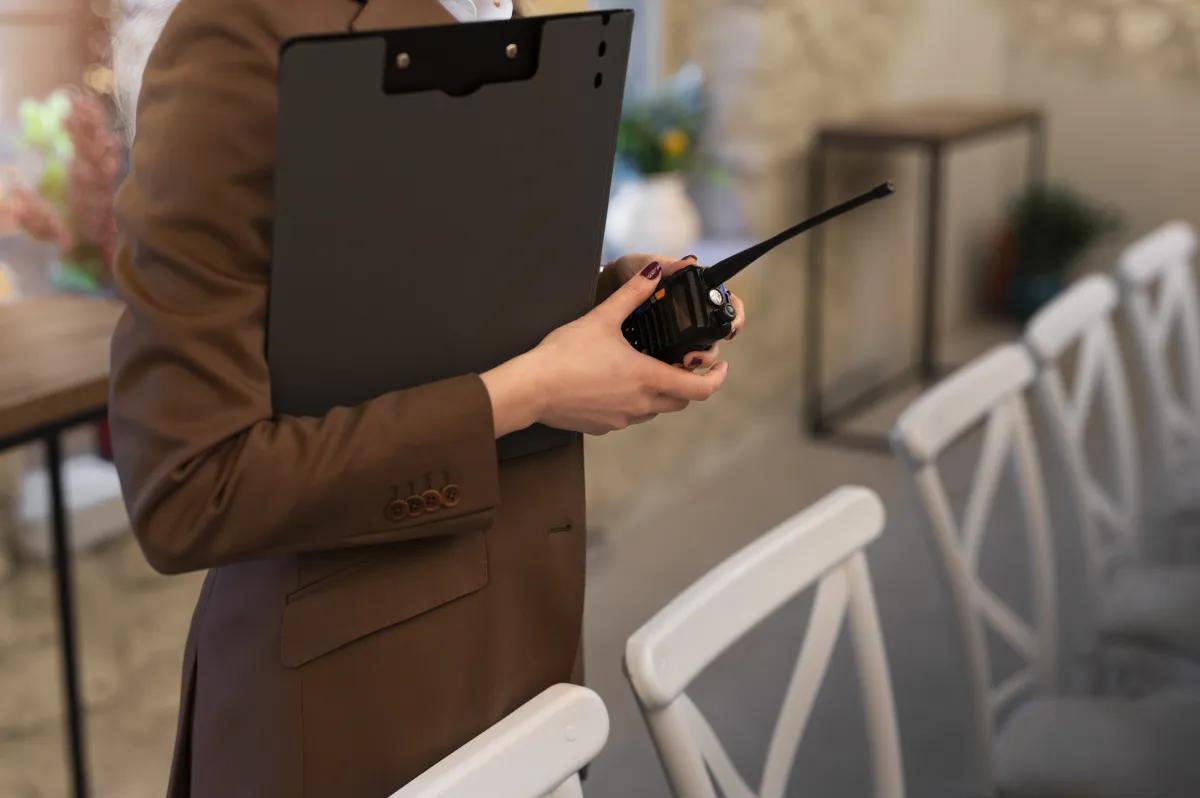Experiential Learning Firms Foundation in Events Management
A focus on experiential learning in events management also significantly emphasises enhancing practical skills, teaching through case studies, and working closely with industry partners. Typically, an events management degree develops students’ knowledge and skills in planning, organising, and implementing corporate and social events. Hence, varsity education must integrate with a physical or virtual environment to enable a coherent approach to teaching and learning.
Take this for example: As part of an assessment, students have been tasked to produce and run an actual national-level event in collaboration with the conference owner, targeted at industry partners and varsity students. Indeed, this means that students would need to work with stakeholders comprising a wide range of demography while considering the needs and standards set by the conference owner. Working with real-life practitioners presents students with real-life workplace problems and empowers students in a way which puts their theoretical knowledge into practice.
The events students will also need to take on roles to enable the production of the conference. For instance, students will take on functional functions such as public relations and marketing, sponsorship management, graphic design, website design, information and technology management, and events operations. Essentially, students are to execute each departmental function within the financial and nonfinancial means of the conference owner. At this stage, frustrated students are not an unfamiliar scenario as the project would require students to work around real-life organisational processes and structures to solve problems. Hence, experiential learning trains students’ problem-solving skills and requires them to work professionally and in close consultation with conference owners.
Concerning most events educators, exposing students to actual experiences may sound like a recipe for disaster, especially if students possess varying levels of commitment or prior subjects are heavily skewed towards passive learning. Thus, the role of an events educator is to facilitate and guide students to achieve the necessary project and learning outcomes through their discovery. To accomplish this, educators need to manage students’ expectations and, at the same time, relate students’ existing knowledge to the problems that may emerge during the conference production.
Selecting an appropriate conference owner to collaborate with poses yet another challenge. Undoubtedly, the conference owner should understand the learning outcomes and have considered the feasibility of the event production by students. Nonetheless, a conference owner also plays a significant role in inspiring students and enabling a platform to prepare students for the industry's future.
Experiential learning can be a powerful tool in bridging the gap between theoretical and practical knowledge. Nonetheless, this learning approach can be integrated into assessment methods with a focus on the collaborative environment, real-world problem-solving and practical skills, all of which are important in preparing students to adapt to the dynamic events industry. After all, when young professionals enter the workforce, they will bring fresh ideas. In this way, experiential learning in events management benefits students and the industry, ensuring that it remains vibrant and innovative.
Evelyn Loh
School of Hospitality and Service Management
Email: @email
Hairani M Nur
School of Hospitality and Service Management
Email: @email




